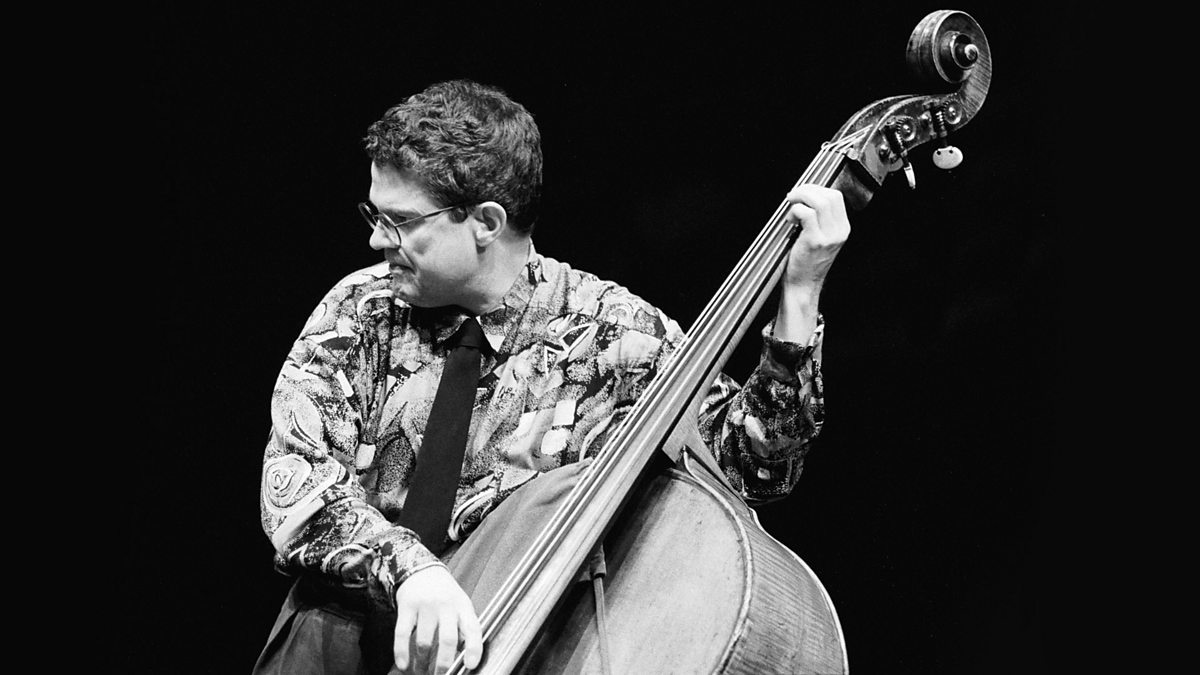“Voglio portare via la gente dalla bruttezza e dalla tristezza che ci circonda attraverso la profonda bellezza della musica”.
Charlie Haden
If you read the post on your phone and the button “Read in English” doesn’t work, scroll down the page: the English version is after the Italian one.
Charlie Haden è parte del fiume della storia. Bella scoperta Mr Pian…
Keep reading with a 7-day free trial
Subscribe to (((RADIO PIAN PIANO))) to keep reading this post and get 7 days of free access to the full post archives.




